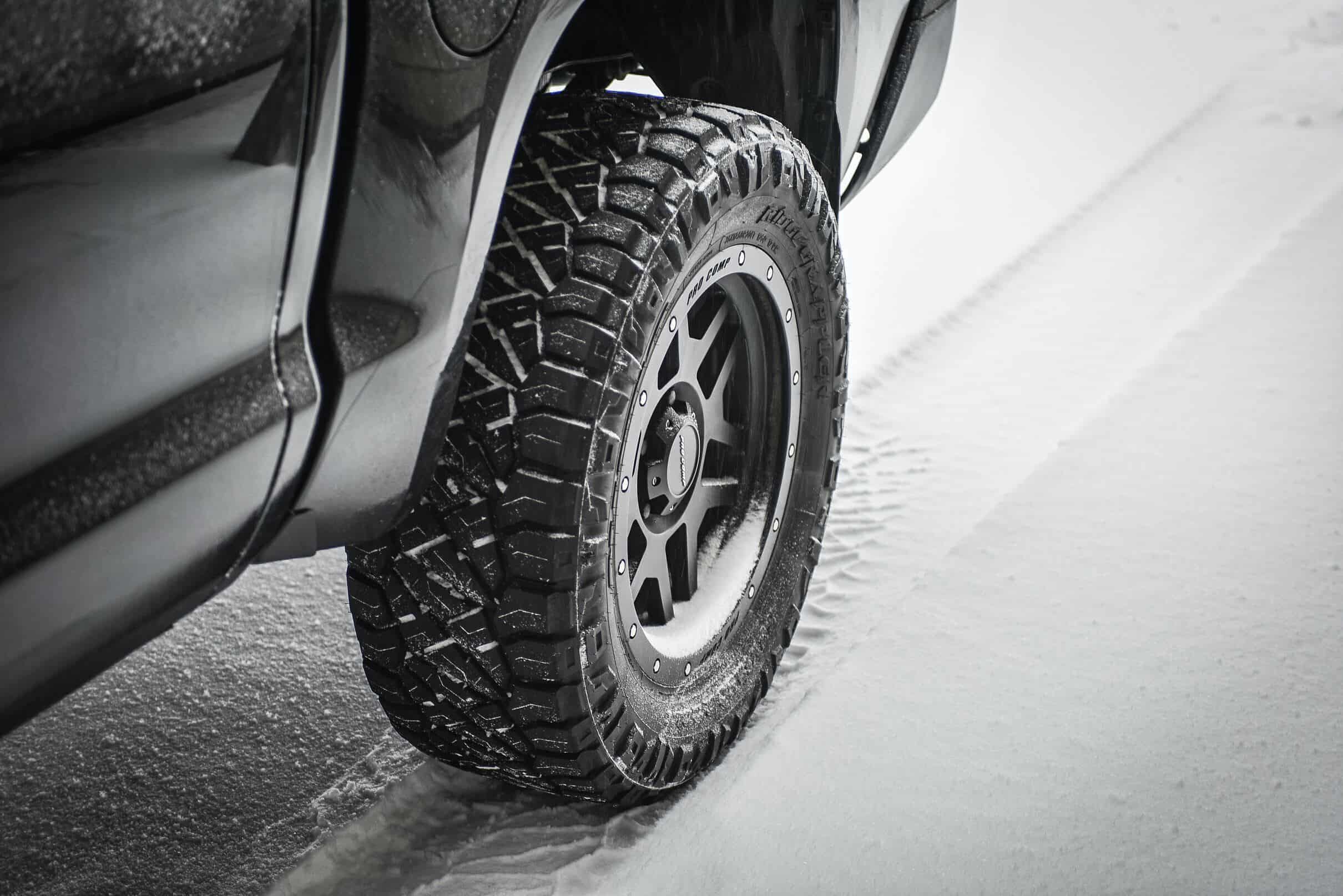Introduction
As the chilly winds of winter approach, many drivers face the annual dilemma of whether to invest in winter tires or stick with their all-season or summer tires. The decision can be a tough one, considering the additional cost and inconvenience involved in switching to winter tires. However, in regions with harsh winter weather, the safety and performance benefits of winter tires cannot be overstated. In this article, we will delve into the importance of winter tires, explore different brands, discuss the cost of switching to winter tires, and highlight why they are superior to standard tires. We believe your next used car should have the best level of safety, so this informative article is just what you need!

The Importance of Winter Tires
Winter tires, also known as snow tires, are specifically designed to excel in cold, snowy, and icy conditions. Unlike all-season or summer tires, which tend to harden and lose grip in low temperatures, winter tires are made from a softer rubber compound that remains pliable in the cold. This, in turn, allows them to maintain better traction on slippery surfaces, making them a crucial safety feature for drivers in regions where winter weather is a regular occurrence.
The main advantages of winter tires can be summarised as follows:
- Enhanced Traction: Winter tires feature unique tread patterns with deep grooves and tiny slits called sipes, which provide better grip on snow and ice-covered roads. This significantly reduces the risk of accidents due to sliding or losing control.
- Shorter Stopping Distance: Winter tires can reduce your vehicle’s stopping distance on snow or ice, which is essential for avoiding collisions or navigating tricky winter driving conditions.
- Improved Handling: Winter tires enhance your vehicle’s overall stability and control, allowing you to take on sharp turns and icy corners with greater confidence.
- Better Cold Weather Performance: Winter tires maintain their flexibility in low temperatures, ensuring consistent performance throughout the winter season.
Different Winter Tire Brands

Choosing the right winter tire brand can be a daunting task, as there are many reputable manufacturers with excellent options. Some of the well-known brands that produce top-quality winter tires include Michelin, Bridgestone, Goodyear, Continental, and Pirelli. Each of these brands offers a range of winter tires with distinct features to cater to various driving needs and budgets.
- Michelin: Michelin’s X-Ice Xi3 and Pilot Alpin tires are known for their exceptional ice and snow traction. They are designed for various vehicles, from compact cars to SUVs.
- Bridgestone: The Blizzak series from Bridgestone is highly regarded for its impressive grip on slippery surfaces. Models like the Blizzak WS80 and Blizzak DM-V2 are suitable for a wide range of vehicles.
- Goodyear: Goodyear’s Ultra Grip Ice WRT and Ultra Grip Winter tires are known for their dependable winter performance. These tires are designed to handle extreme winter conditions.
- Continental: The WinterContact SI and VikingContact 7 from Continental offer excellent snow and ice traction, making them a solid choice for drivers in cold climates.
- Pirelli: Pirelli’s Sottozero and Winter Sottozero series provide premium winter performance, with a focus on sportier cars and high-performance vehicles.
Cost of Switching to Winter Tires

The cost of switching to winter tires can be a concern for many drivers. It’s important to remember that while there is an upfront cost involved, the investment in winter tires pays off in terms of safety and performance during the winter months. Here are some key cost considerations:
- Initial Purchase: The cost of winter tires varies depending on the brand, size, and model. Prices typically start at around £100 per tire and can go up to several hundred dollars for high-performance or specialised winter tires. It’s essential to choose the right size for your vehicle, and this information can be found in your vehicle’s owner’s manual or on the sidewall of your existing tires.
- Installation and Storage: When you switch to winter tires, you’ll need to pay for installation, which usually costs between £60 and £120. Additionally, you may need to consider the cost of tire storage, as it’s a good idea to store your off-season tires in a climate-controlled environment. Some tire shops offer storage services for an annual fee, typically ranging from £60 to £120.
- Long-Term Savings: While the initial investment may seem substantial, winter tires can actually save you money in the long run. By using dedicated winter tires, you can extend the life of your all-season or summer tires, as you’ll only be using them for part of the year. Additionally, winter tires can prevent accidents and damage to your vehicle, which can result in significant cost savings and potentially lower insurance premiums.
Why Winter Tires Are Better Than Standard Tires
Winter tires offer a range of benefits over standard all-season or summer tires, especially when it comes to safety and performance during winter conditions:
- Improved Traction: Winter tires are specifically designed for cold and slippery conditions. Their unique tread patterns and softer rubber compounds provide significantly better traction on snow and ice.
- Shorter Stopping Distance: The enhanced grip of winter tires means you can stop your vehicle more quickly in icy or snowy conditions, reducing the risk of accidents.
- Enhanced Handling: Winter tires improve your vehicle’s stability and handling in challenging winter weather, allowing for better control on slippery roads.
- Long-Term Tire Preservation: By using winter tires during the winter months, you reduce the wear and tear on your standard tires, which can extend their lifespan.
- Safety: Ultimately, winter tires are a safety feature. They reduce the likelihood of accidents and collisions during the winter, protecting you and your passengers.
Conclusion
In regions where winter brings cold, snow, and ice, investing in winter tires is a smart decision. The importance of winter tires cannot be overstated, as they offer enhanced traction, shorter stopping distances, improved handling, and better performance in cold weather. While there is an initial cost involved in purchasing, installing, and potentially storing winter tires, the long-term benefits in terms of safety, performance, and tire preservation far outweigh the expense. With various reputable brands to choose from, you can find the perfect winter tire for your vehicle and driving needs. In the end, opting for winter tires is a wise investment in both safety and peace of mind during the winter season. Choose My Car believes safety is of paramount importance when on the road, especially in winter!





